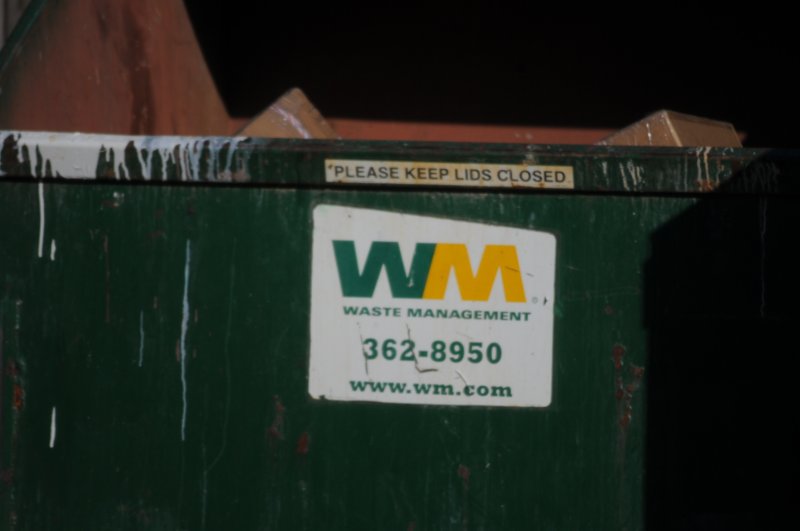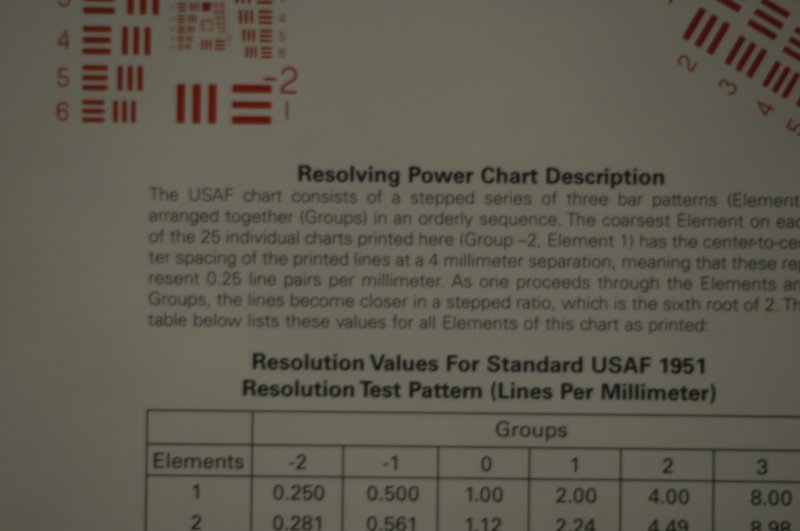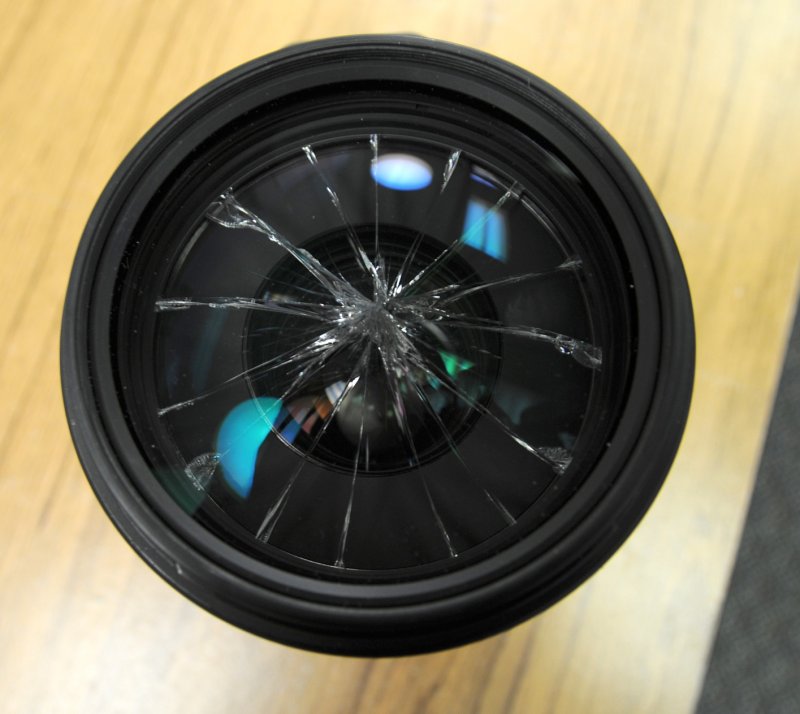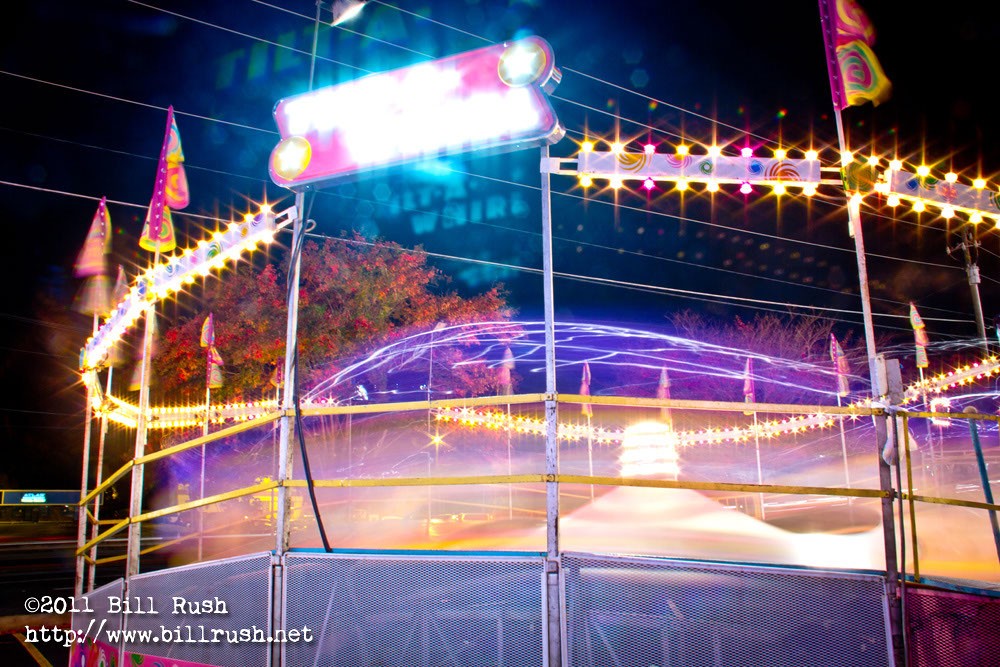You can smash your entire front element to hell and it still will only barely show up in the images.
So why bother protecting your lens at all, why care about keeping it clean?
Certainly, the times when the front element was covered in rain, it made an impact...
Yeah, and guess what? You just unscrew the filter and suddenly you don't have to spend 2 minutes wiping down your front element, dealing with the now grease-like coating!
First of all, those pictures prove my point. Front element damage, especially minor front element damage (you know, the kind you mentioned the filter being useful against) isn't going to make an impact on IQ. So, thanks for posting that and shooting your argument down. I was actually going to post it, but didn't feel like looking for it. You did the work for me.
Second of all, with regards to the rain, the OP wanted to know if it's something that can be used all the time. There are certainly circumstances where a "protection filter" can come in handy. I listened to a podcast a couple years ago, can't remember which one, where one of the photographers was going to be in the Sahara for a couple weeks. He knew it would likely be windy and he didn't want his front elements sand blasted, especially on his L glass. So he bought 2 or 3 "protection filters" for each of his lenses for use while he was there. He said he spent somewhere around $1200 on them. But since he had ended up having to throw away many sand blasted filters, he figures he saved around $8000 on lens replacements or an increase in his insurance premium. Now before you say this anecdote proves your point, it doesn't. Rain and blowing sand are two possible uses for protection filters. Just like I wouldn't use a polarizer in many circumstances, I won't use a protection filter in many circumstances. It still shows that you shouldn't use your filter in every circumstance.
And lets add to the rain situation. What happens when your filter loads up with rain? Or right, you're back to bare front element now. You had to spend time removing the filter, which if you're prepared, is about the same amount of time or longer, actually (trust me, I've done it both ways...I shoot in the rain A LOT) it takes to quickly wipe the front element off and get back to shooting. You don't need to spend 2 minutes ensuring there's no more water or streaks on your front element. You just need to dry the big drops off. Takes literally 5 seconds if you have a dry cloth in your pocket. Not only that, a UV filter loads up with rain about three times as fast as your front element will, since it is usually sticking out significantly further.
Are there times where a "protection filter" can be useful? Sure, there is. Just like there are times when a polarizer or ND filter can be useful. But in the long run, the "protection filter" will hurt your shots more than help. And the OP didn't want to know about specific uses of a "protection filter," he wanted to know if it's bad to have it on all the time.
Let me put it another way. I have yet to see an incident, either personally experienced, or online, where a "protection filter" actually prevented damage that would affect the IQ of the lens. However, I have seen dozens, if not hundreds of examples where a UV filter, by itself affected the IQ of the lens. Pretty obvious which the better all around choice is. Let me quote myself here, to drive home the point:
gaerek said:
Realize that you are carrying a very expensive, piece of precision equipment and treat it like what it is.
Follow this, and you'll minimize damage to your gear. Period.















![[No title]](/data/xfmg/thumbnail/38/38262-10a9668da9a2b36a92cddde57caf87bc.jpg?1734172150)

